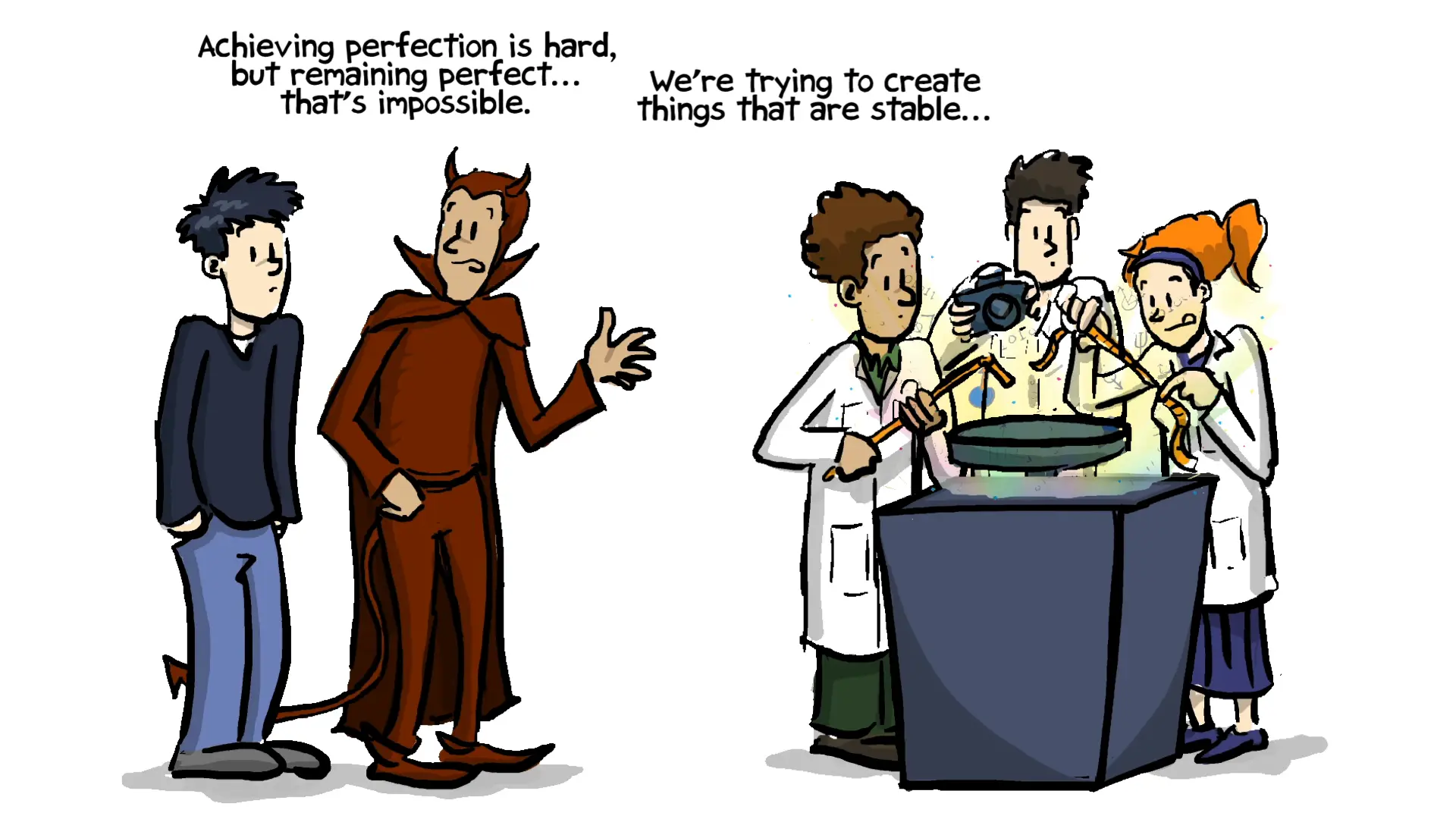Introduction
Quantum computing, once confined to theoretical physics labs and sci-fi novels, is rapidly becoming a tangible and impactful technology. In 2025, it’s not just researchers but developers who need to pay close attention. Major tech companies are pouring resources into quantum hardware and software, and a foundational understanding is becoming increasingly valuable.
What Is Quantum Computing?
At its core, quantum computing relies on the principles of quantum mechanics to perform computations far beyond the capabilities of classical computers. It uses qubits instead of bits, allowing for superposition and entanglement, which result in exponential increases in processing power for specific problem types.
Why It Matters in 2025
While mainstream adoption is still emerging, 2025 is a turning point. Governments and tech giants like Google, IBM, Amazon, and Microsoft are racing toward quantum advantage — when quantum computers outperform classical ones in real-world tasks. Early developer involvement today means being part of the future's tech elite.
Key Quantum Programming Languages
- Qiskit: IBM’s open-source framework for working with quantum circuits.
- Q#: Microsoft’s domain-specific quantum language.
- Cirq: Google’s Python framework for building quantum algorithms.
- QuTiP: Ideal for quantum simulation and physics research.
These tools are beginner-friendly and offer simulators for those without quantum hardware access.
Industries Being Transformed
- Cryptography: Quantum computers could crack traditional encryption, sparking demand for quantum-safe alternatives.
- Pharmaceuticals: Molecular modeling and drug discovery are being revolutionized by quantum simulations.
- Finance: Risk analysis, optimization, and fraud detection are becoming faster and more accurate.
- Logistics: Quantum algorithms improve complex route optimization at scale.
What Developers Can Do Today
You don’t need a PhD in physics to get started. Here’s how developers can prepare in 2025:
- Learn quantum computing principles — superposition, entanglement, and measurement.
- Take beginner courses (IBM Quantum, Microsoft Learn, edX, Coursera).
- Practice on simulators like IBM’s Quantum Experience or Google’s Cirq Engine.
- Join open-source projects or contribute to GitHub repos related to quantum algorithms.
Top Resources to Follow
Staying up to date is key. Follow these resources to stay ahead:
What’s Next?
As quantum hardware matures and developers create practical applications, we're heading toward a hybrid future — classical systems working hand-in-hand with quantum processors. Companies will look for developers who can bridge the two worlds.
Conclusion
Quantum computing in 2025 is no longer a futuristic concept — it’s a rapidly advancing field that developers can no longer ignore. While mainstream development is still early, learning the basics now will give you a competitive edge. Whether you're writing quantum circuits, testing algorithms on simulators, or preparing for post-quantum encryption, one thing is clear: quantum is the next big leap — and now is the time to jump.
